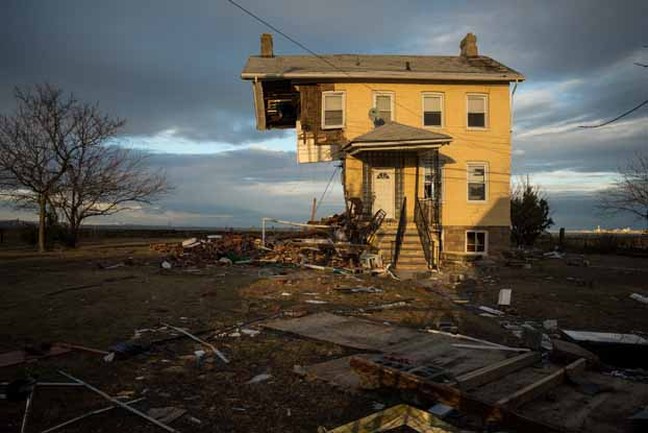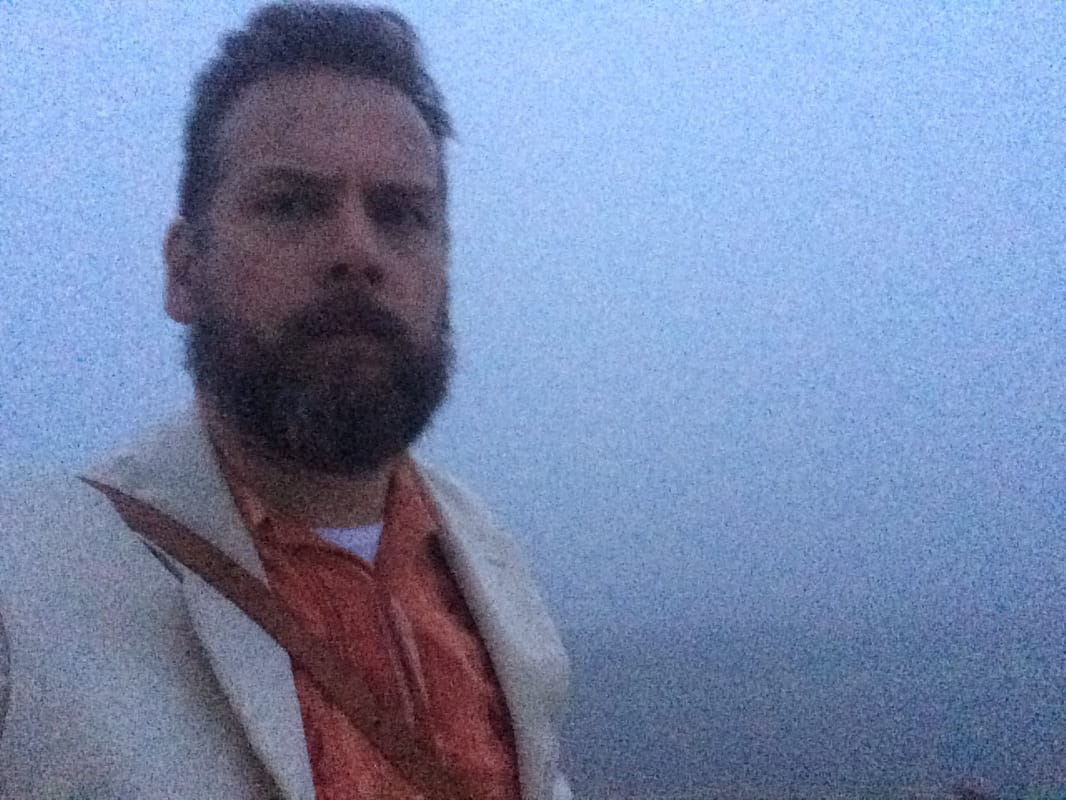|
Last night I had a dream about you. It wasn't about you, but you were in it andI'm always cautious about how these dreams work, especially in how I retell them. Since I woke up this morning I've been retelling the dream to myself over and over again, partly remembering but also making into more of a story, wanting to memorise it but also make sense of it. I don't care. The reason the dream was remarkable was because it was a story. And this is how it began. I was visiting you and you picked me up from the bus station or airport in the afternoon. You had to finish work and so I was to wait in the factory while you worked and to pass the time you gave me a story in a green cardboard folder on several sheets of double spaced typed paper. You'd written the story and wanted my opinion. You had also told me that you were planning on emigrating to the United States of America. I'm vague on why but it had something to do with the little pictures you see on the registration plates of auto-mobiles. Anyhow I began to read the story.
Of course, I didn't dream that I sat and read the story. Like a film, stories in dreams have a magical transparency and I was experiencing the story. It was a true story, a journalistic account. You were visiting someone in a red brick terrace house, hoping to get your guitar fixed, though this last detail might have been added when I was in the shower this morning and I remembered Hans lived in the red brick terrace house and his dad made and fixed guitars for a living, world famous guitars as I recall. Anyway, this was in America and not Barrow-in-Furness which is where Hans is from. The appointment was a failure and you were going back to your car when you got distracted by a small group of children who were talking about Dr. Green. 'Let's go and see, Dr. Green,' they were saying, with a mischievous but also slightly fearful glee. 'Come on.' You followed them around the corner to another house where the children stopped and peered at a small black child about three years of age who was horribly deformed. His arms and legs were all sticking out at terrible angles and had joints where joints usually aren't. He had a hunchback and it fascinated and repulsed you to see how a bone like a shark's fin broke the skin of his back. He was snotty, tearful and in obvious pain and the children were silenced by pity. His eyes were the most strikingly beautiful green. Hence the children's nickname. You got talking to the child's mother who told you that the medical treatment for Dr. Green - you never knew his real name - was incredibly expensive and the board of the hospital were refusing to fund it. You believed he would die and began to follow Dr. Green's case. At a hearing, the judge - a large black woman with an English accent - handed down the decision that as the child's life expectancy was very short the treatment would not be provided by the state. A man in the hearing however stood up and said that he was a wealthy philanthropist and would fund the treatment. Despite the doctors insisting that it was a waste of money, the man paid for Dr. Green's treatment into adulthood. And Dr. Green grew up to be a relatively healthy middle aged man. Dr. Green was still not 'normal'. He suffered from pain, constant hospital treatment and a series of terrible surgeries. He was confined to a wheelchair. Added to this Dr. Green was lonely and miserable and sought release in yoga and meditation. Helped by his rich benefactor, he would go on retreats and he would try to find a meaning to his life via a connection with the natural world. You weren't explicit about this in the story but I got the feeling that aside from some close friendships and his mother, Dr. Green felt himself an excluded member of society. There was a further hearing - this seemed redundant considering the benefactor - but the judge did not overturn her decision and perhaps the guilt of having caused his mother and his friends such difficulty and worry weighed on Dr. Green's mind. Perhaps the court cases felt like legitimate rejections of his right to existence. I'm not sure. I'm interpreting and I'll put those interpretation aside for a moment and perhaps pick them up at a later date. Dr. Green was on one of his meditation courses. They were in the middle of the Mississippi Delta, on small reedy islands in the middle of the flow of the river. Dr. Green was in his wheelchair. He's slightly overweight. His hair needs cutting and he has a beard now. He stares out to sea as he goes through a series of upper body movements that look like and perhaps actually were tai chi. There is a hurricane about to make landfall and everyone is making their way back to the collection point. Some call over to Dr. Green but he doesn't respond. He stares into the heart of the storm which is a grey to black smudge that slowly devours the horizon. Finally, he relents and is helped into the minibus and they go back to the motel where they are all staying. That evening Dr. Green telephones his mother. Or she phones him. It isn't important. He says that he isn't going on the trip tomorrow. She's angry with him, saying that if he fails to attend he will be failed for the whole course. I wonder if he committed some crime and the course is actually something he is being forced to do, a rehabilitation. This remains uncertain and you don't pursue it. Maybe I'm adding to it myself. Dr. Green says he doesn't care about the course. He says that tomorrow he is going to 'sit in a chair and die.' Those are his words. His mother is very upset. She tries everything, cajoling him, joking, shouting at him, begging him but his mind is made up. The powers of meditation are such that this is something he can do, something he has attained. He will sit in a chair and decide not to live and it will be so by act of will. And that is what he does. I finish reading the story and I am moved. Terribly moved. It really hurts, it causes wracking sobs as I finish the last few lines. But the minute I finish I really want to see you and tell you how wonderful it is. This is a wonderful piece of journalism, an amazing true life story you've discovered and I'm certain it will be published and will be greeted with the same enthusiasm that I have for it. I'm certain. To leave the factory I have to go through a wire gate and then a door. I see you are already leaving and I follow you. We've arranged to meet at the pub and you must just be assuming I went to the pub ages ago and so haven't bothered to look for me in the factory. You've gone through the gate and the door. I press the button that opens the gate, but it jams. I push it hard and it opens. Then I got through the door. You are ahead of me. Part of me wants to run after you and grab you and just spill out all my praise and enthusiasm and joy that you have told such a fantastic story. It feels like this is how people must feel, the first people to hear Sgt Peppers or see Hamlet performed, that they are in the presence of a great act of creation. But part of me wants to hold back a little. I want to enjoy this moment this feeling. And I want to keep the story. It is still with me. Dr. Green is still in my head and I want him to stay there for a moment as a real presence, not a character, or a dead historical person, but as the entity in my head. You are now about thirty metres ahead of me along this road with flat grassy wasteland on one side and the sea on the other. You have a long coat the you are holding wrapped tight by your pockets, and leaning into the wind as you stride on. The sky is dark and the road is bright with fallen rain. Night is coming. I'll walk behind you and catch up to you before we get to the pub, but I won't run. And then I wake up.
0 Comments
Leave a Reply. |
AuthorJohn Bleasdale is a writer. His work has appeared in The Guardian, The Independent, Il Manifesto, as well as CineVue.Com and theStudioExec.com. He has also written a number of plays, screenplays and novels. Archives
March 2019
|

 RSS Feed
RSS Feed


